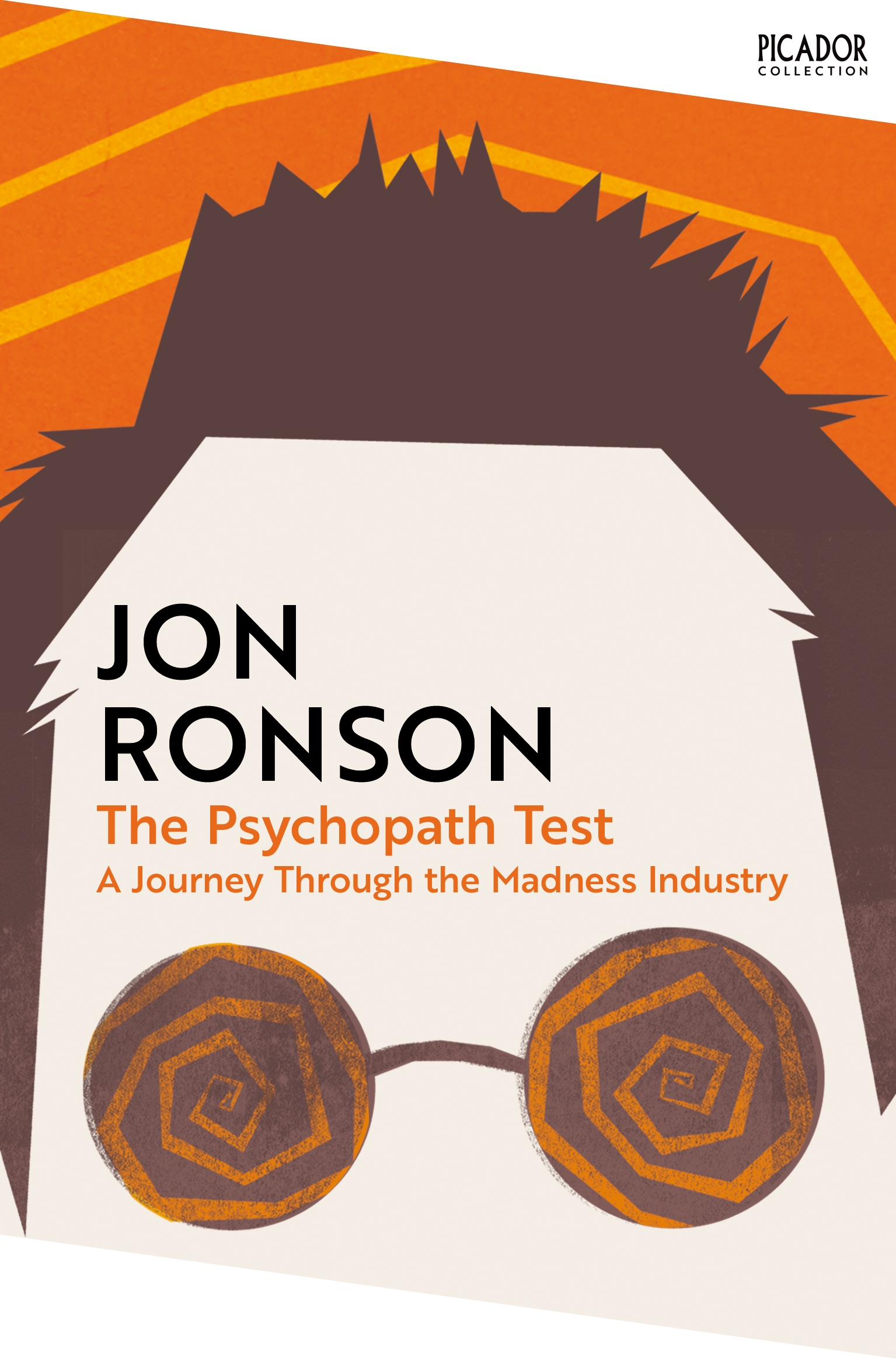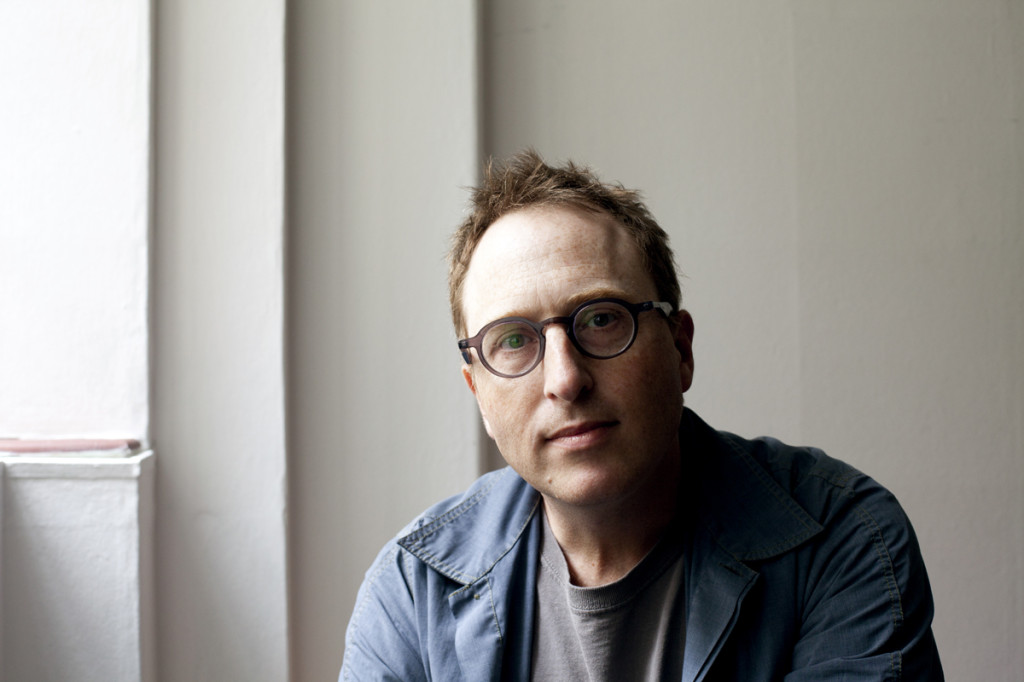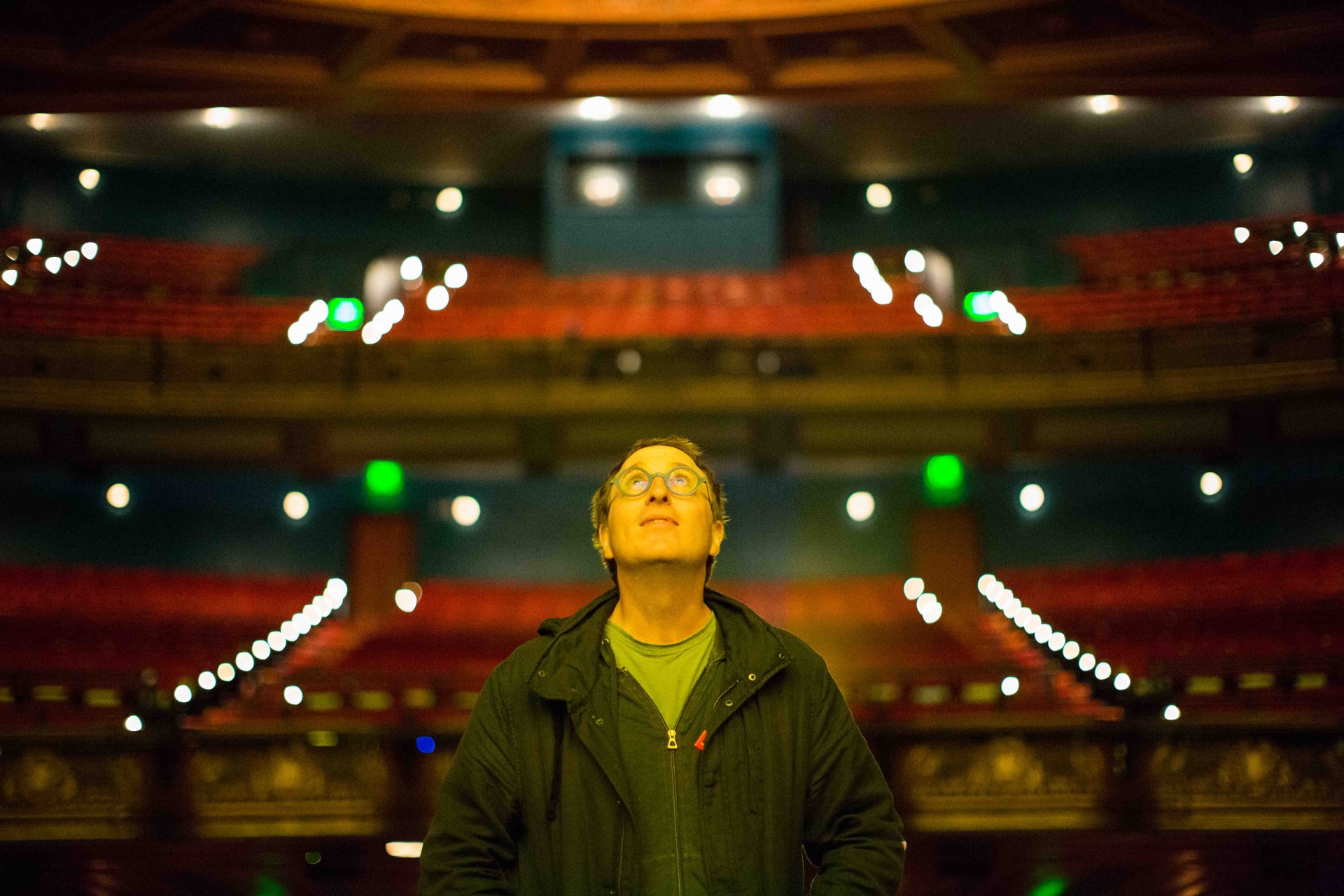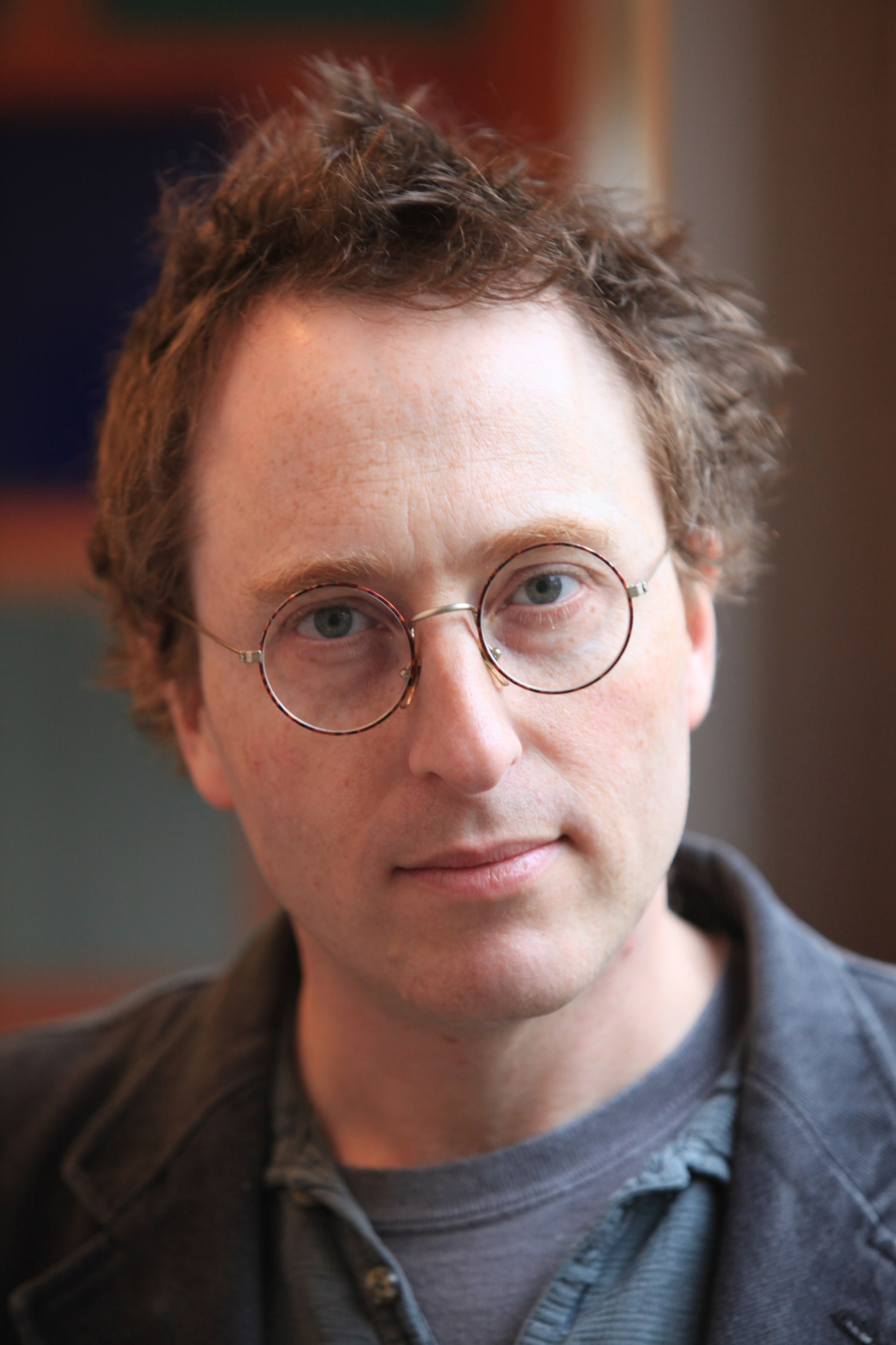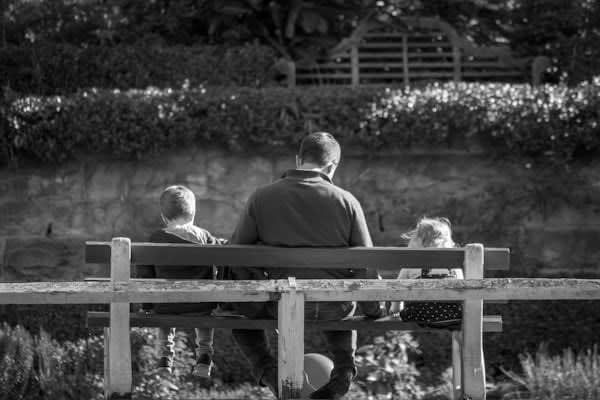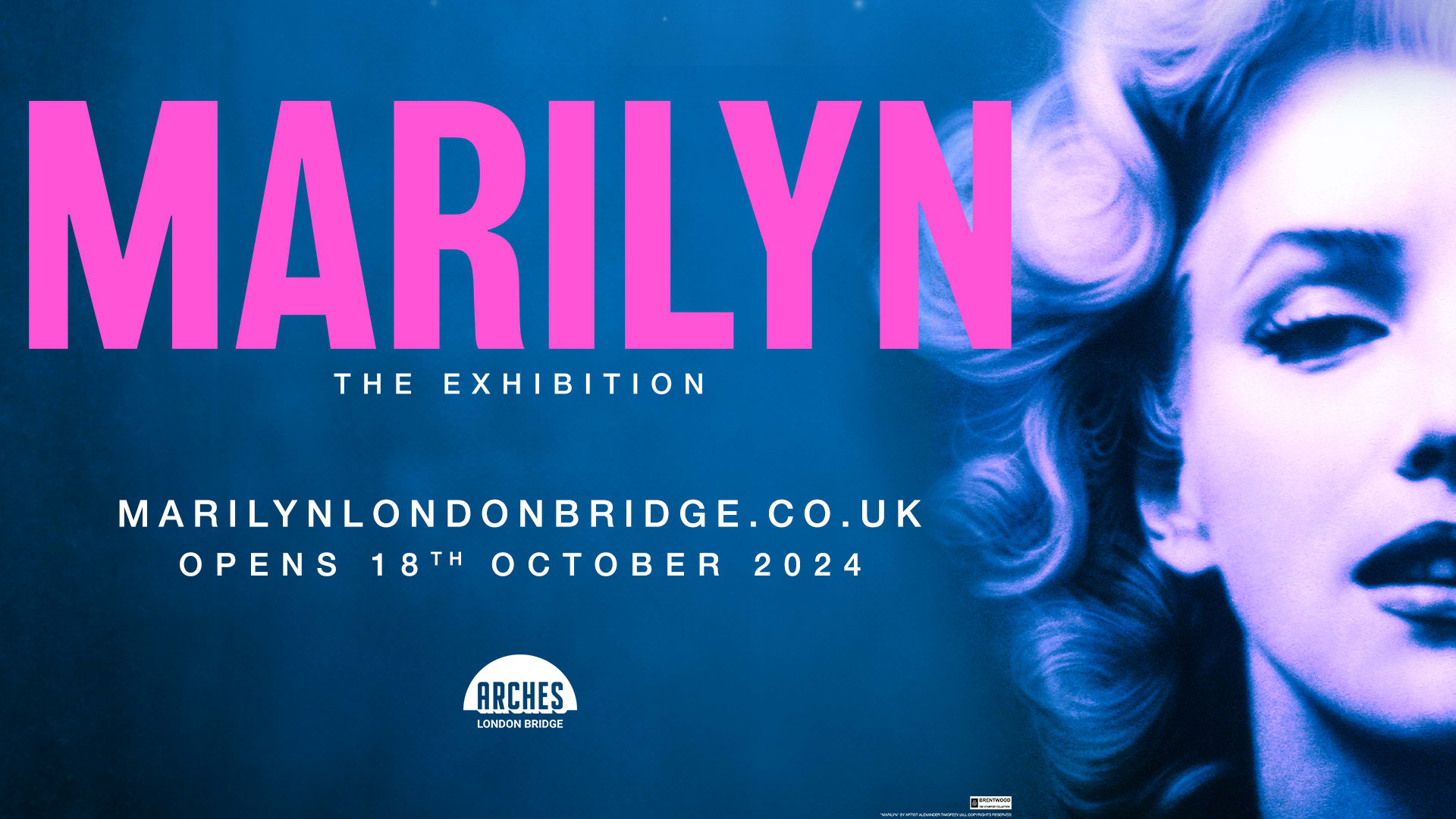Jon Ronson is a writer, documentary-maker, broadcaster and humourist. As one of the UK’s most popular gonzo journalists (writing with no claim to objectivity) he goes where the story takes him and Ronson’s instinct serves him well. His bestselling book The Psychopath Test came out in 2012 but remains a compelling must-read, so much so that he has developed a new show, Psychopath Night which is coming to Oxford this October.
Jon, why are you going on the road now, and what can we expect from the show?
I think revisiting The Psychopath Test every several years is a really interesting thing to do because of the way that psychopathy mutates in society changes. When I was writing the book, no one was talking about corporate psychopaths and my book brought that into the mainstream. I guess it popularised the extraordinary idea that there is a particular mental disorder that society has chosen to reward by pushing psychopaths to the top of the political and business ladder.
[Now] the internet and social media is starting to reward psychopathic traits in everyday users, so it’s kind of prodding at the psychopathic aspects of our personalities. That’s another reason why I wanted to go back on the road. Also, there have been great expansions in certain types of mental illness or diagnosis, and I think sometimes it is positive and sometimes it is negative, and the show will look at that [but] the live show isn’t just me standing on stage for two hours – there’s going to be mystery guests with incredible stories to tell, plus film and audio clips.
I did the Hare test [Canadian psychologist Robert Hare’s test for psychopathy] just before we spoke.
Ok, what did you score?
Quite low, I’m not psychopathic but there were traits…How about you?
Almost nothing. I think the only one I sort of identify in myself is lack of empathy – I’m kidding. The only one I identify in myself is proneness to boredom, I work all the time, I don’t know what I’d do without work.
What’s your instinct like for spotting a psychopath?
To be honest I’m getting a little bit better at spotting narcissists, there are so many narcissists in public life at the moment (and my personal life to a lesser extent). I’ve become interested in spotting the difference between narcissists and psychopaths. With narcissists there’s a whole bunch of stuff going on under the surface, like a volcano of emotions going on, that’s why often they lash out, whereas with psychopaths there’s nothing going on under the surface.
But all of this armchair diagnosing is something that the book and the stage show goes on to criticise.
Let me ask you about the increasing urge in society to label people – can it be linked to the rise in identity politics?
This is fascinating. There are some increases in diagnosis that are negative to society. In the second season of Things Fell Apart (my BBC Sounds show) one of the episodes is about the increase in diagnosis or labelling of trauma; it’s called The Hierarchy of Trauma. If everybody starts talking about their ‘trauma’ then a) its disrespectful to people who have, say, actual PTSD and b) it can be bad for free speech. On the other hand, I would autism say is the opposite case. I’m sure with all the increased awareness of autism there are people diagnosing themselves as autistic who aren't, but I would say by a large degree the increased diagnosis of autism is a very positive thing.
In fact, the show will go into these areas; the first half will be very psychopath heavy and then the second half will go into these broader areas.
Have you found your position as a sort of non-medically trained expert has helped or hindered you?
I don’t think of myself as an expert – I think I’m an outsider who goes into worlds with curiosity and gumption and dedication.
So, as a curious outsider, how or when did you develop that instinct to pursue the things that interest you?
I mean, I’ve always wanted to, but it’s taken quite a long time for my employers to let me. I find that if I’m not enthusiastic, or really curious and excited, then the story isn’t as good. I’ve constantly pushed up against gatekeepers who have tried to stop me from doing the stories I want to do. It’s only been the past several years that people have finally thought ok, just let him do it.
I wonder if, with the increase in social media and sociological shifts, there is now more of an appetite and an audience for this kind of exploration.
That’s interesting. I did an event in London with Chris Anderson from TED and they told me that their data – or whatever – tells them people are becoming more interested in discussion and healthy debate than conflict and yelling at each other. I thought that was a good sign. Maybe there’s more appetite for people to cut through the noise as well, not in a sort of guru-type way. You don’t want gurus to tell you what to think, but somebody to just try and make sense of all the confusion and destabilising noise in the world.
Being a guru seems like such an easy life, you just toss out a meme every now and then.
I wonder about the guilt. Wouldn’t they just feel so guilty? I did these writing workshops last year and they were really good, but I was just so worried that somebody in that room might think they didn’t get their money’s worth. That made me think about gurus who really don’t mind extracting money from people for no good reason – how do they live with themselves?
Does that take us back to psychopaths?
Yeah, absolutely. I think a lot of the leaders of the conspiracy movement and these kind of gurus who get money out of you by selling supplements and telling you some sort of extreme political thing are either narcissists or psychopaths who, I suppose, are less interested in the truth than other people; the truth only matters if it benefits them.
Jon Ronson’s Psychopath Night will be on at The New Theatre, Oxford on 20 October 2024. For more information and to book tickets, visit atgtickets.com
